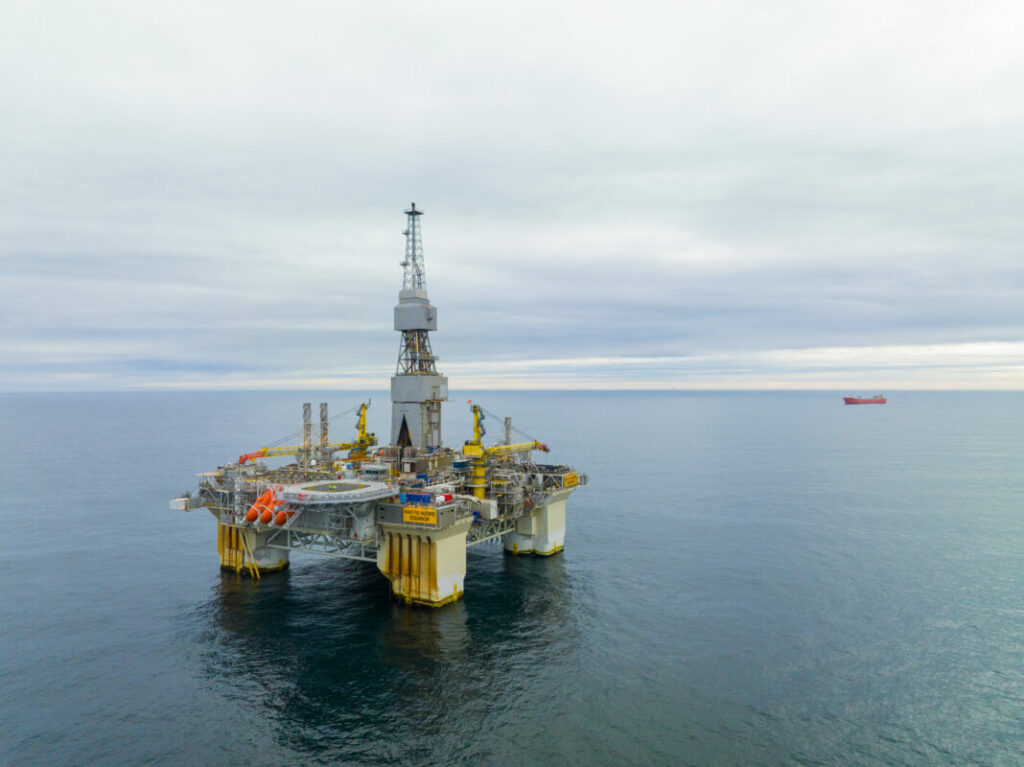The North Sea Transition Authority (NSTA) yesterday (31 January) awarded a total of 24 licenses in the second part of the 33rd oil and gas licensing round.
Shell, Equinor, bp, Total and NEO Energy were among the 17 companies offered a total of 24 licenses ranging across 74 blacks and part-blocks in the Central North Sea, Northern North Sea, and West of Shetland areas.
The 33rd licensing round opened in October 2022, offering over 900 blocks. According to NSTA 115 bids were submitted by 76 companies by the time the application window closed in January 2023.
Internal analysis conducted by NSTA estimates that the average time between licensing and first production is close to five years, which means jects associated with these new licenses could begin production before 2030.
The minister for energy security and net zero, Graham Stuart, said that these new licenses will “strengthen” the UK energy security “now and into the future.”
NSTA stated that domestic energy supply “can play an important role in cutting greenhouse gas emissions, and allows the UK to continue to decarbonise domestic production,” adding that production emissions had been cut be a fifth between 2018 and 2022, with the sector set to be on track to meet reduction targets of 10% by 2025 and 25% by 2027.
When considering the role that new licenses will have on domestic supply, however it must be taken into account that the UK government confirmed that 80% of the oil gained from new North Sea oil fields would be traded internationally, rather than supplied to the UK, as the government considered it not “desirable” for the fuel to be used domestically.
New North Sea licenses have been heavily criticised for sending contradicting signals to potential investors in the UK’s renewable industry, whilst doing little to bolster energy security.
The Energy and Climate Intelligence Unit (ECIU) has been especially vocal, highlighting that the 6.3 billion electric vehicles (EVs) expected to be on UK roads by 2030 would limit imports for petrol consumption by as much as new North Sea licenses would generate. The ECIU concluded that the increase in the number of EVs on UK roads and the 2035 internal combustion engine (ICE) ban means that EVs will provide greater energy security than these new licenses.
“This latest batch brings total offers so far to 51, with more to come once the appropriate environmental checks are complete,” said a NSTA spokesperson.
“These licences have the potential to make a significant contribution to the UK in energy production and economic benefits, and the NSTA will work alongside the licensees to help bring them into production as quickly as possible.”





